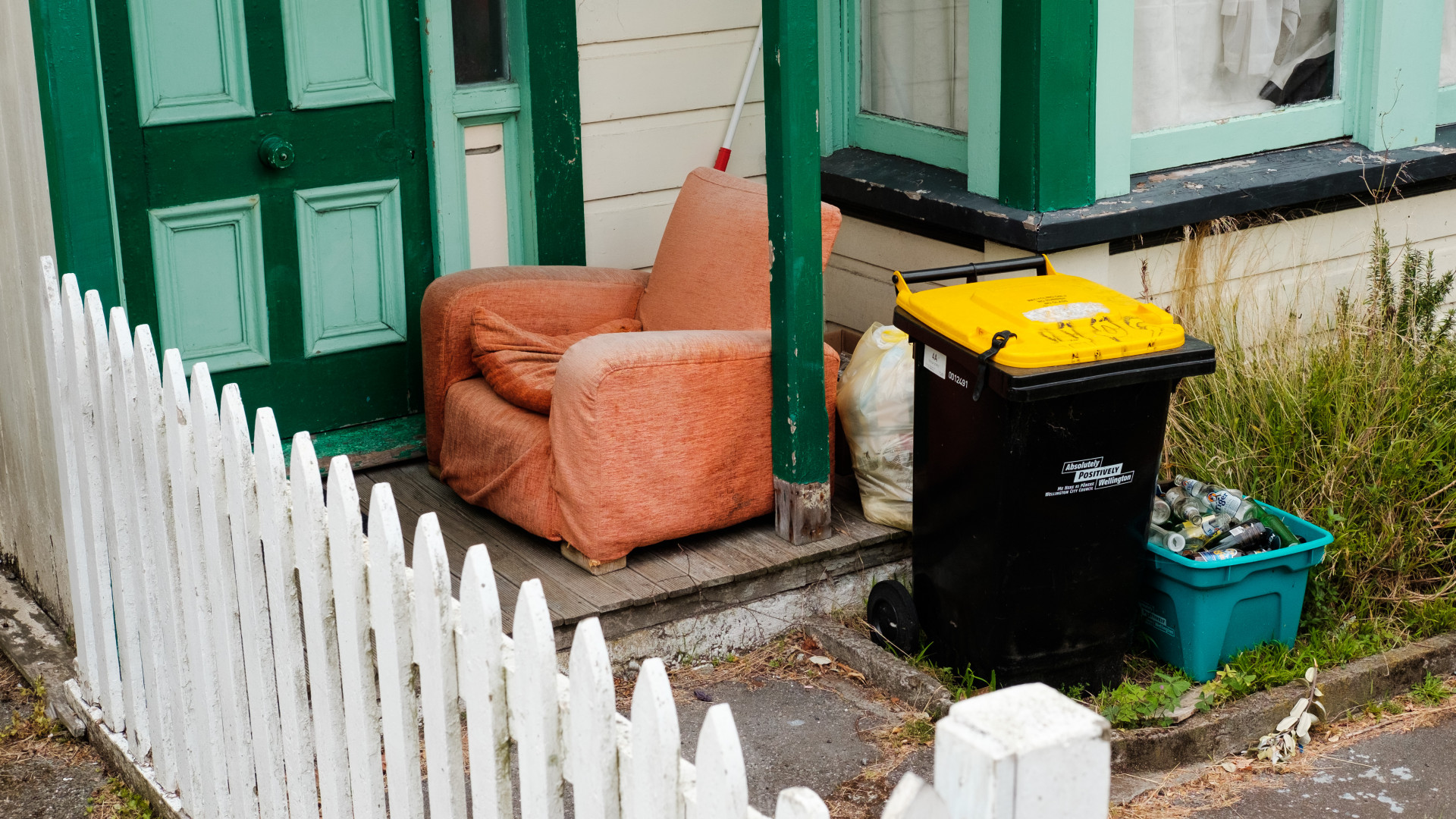
So the budget came out recently, and what that meant for a lot of the tauira throughout Aotearoa was confused brains as they were left scratching their heads in hopes for some semblance of understanding re monetary value in their daily lives. But the words on everyone’s lips are:
“Cost of living relief.”
The mere thought of $350 given free from a government is exciting in itself, until you start breaking it down. Where the funds are reallocated from – what that means for tax in other parts of our day-to-day living. How does that affect you, humble student, on your minimum wage or student allowance payments?
For some of you reading this, you’re only just coming into adulthood. This means you get to throw yourself into the amazing world that is taxes and generalised income brackets. You may get that payslip every week from The Warehouse or McBurgerFc and think, “wow, a lot of my money is going to tax. What does it mean?”. But what if told you that, as IRD research suggests, that 50% of those with net worths valuing $50 million are paying a lower tax rate than you? Kinda cooked right?
For those of you unaware or unfamiliar with what taxes are, I’m going to break it down for you in the most digestible way. Basically you pay tax on everything you either earn, buy or sell. Aotearoa’s Government relies on taxes to help fund services that ‘benefit’ us. All taxes are paid to IRD, Inland Revenue — the Government’s tax department. There’s two main types of tax you should be aware of:
These tax types have varying percentages that allow the government to collect from the consumer or income earner as a means of balancing out the economic welfare of Aotearoa. Have I still got your attention? Well the main tax brackets for earnings are as follows:
Taking into account the varying levels of income tax, please spend a moment to comprehend the frustration of realising those earning well above the $1 Million threshold are paying around the same tax as those earning $14,000. Before I hear you say, “oh but they’d be paying so much of their earnings,” that’s simply just not how basic economics works. They’d be paying comparative to their earnings as we do with ours, those comfortable under the line of 30%.
Fair tax system
A common argument is that the general consumer doesn’t understand income tax enough to converse in everyday situations. While this is such a basic resolution, allowing better education will allow the general public to consume tax media easily. Revenue Minister, David Parker, has recently revealed a plan for a ‘fair tax system’ as the typical New Zealnader doesn’t know how little the wealthiest of our income earners are, only paying 12% of their total income. There’s no alleged plans to introduce a capital gains tax or wealth tax, contrary to claims of opposing potential finance ministers, but rather a system in place that gives equal value to a system unfairly attempting, and failing, to balance income tax.
Rental Freeze
With an increase of 7% over the past 12 months in rental cost, the typical renter is forking out $575 p.w on average homes in subpar condition. Waikato alone has a median price of $520, paired with the average house income being $39,583 ($761.2 p.w), leaving households with a mighty $240 for all other outgoings. While the growth in rental price has changed exponentially since February’s figures, the overall benefit from a freeze in rental prices would mean peace of mind for the common renter. The fear of rising prices disallows us to become excited to have our own places. We can’t just relax with fear hanging heavy.
Up the Green
Worried about lower socio-economic households using and abusing marijuana? Want to generate more income without actually taxing heavily on essential goods & services? Start with simply legalising Marijuana. Not only will it provide jobs for more people, but goods tax on weed has proven beneficial in green states throughout the continental USA. The tax doesn’t need to equate that of the US system, but it’s not far off with a 15% cannabis excise tax being imposed upon all purchasers of cannabis or cannabis products sold at retail.
Cut fuel tax
With the current prices of fuel per litre at some of the highest we’ve seen in a decade, calls for an abolishment of fuel tax is coming into question. The plaster on the wound has been the reduction of 25 cents per litre, but the gas overlords have just combatted that by increasing the buy in cost and raising their prices, forcing servos to match that so they can fairly pay their employees. While an understandable change, how’s about lowering the tax semi-permanently as we claw our way out of this bumble fuck of an economic crisis we’re left in.